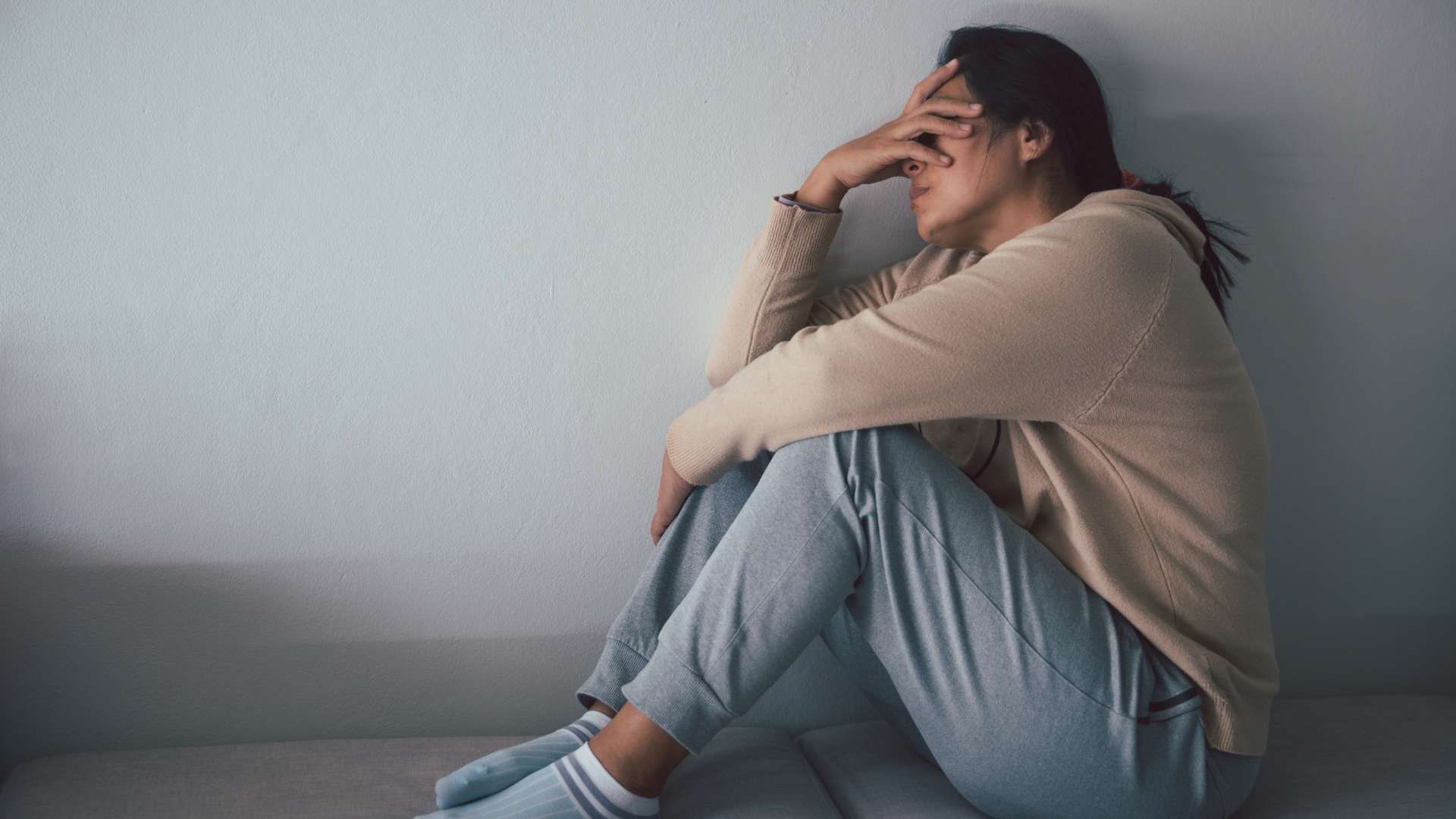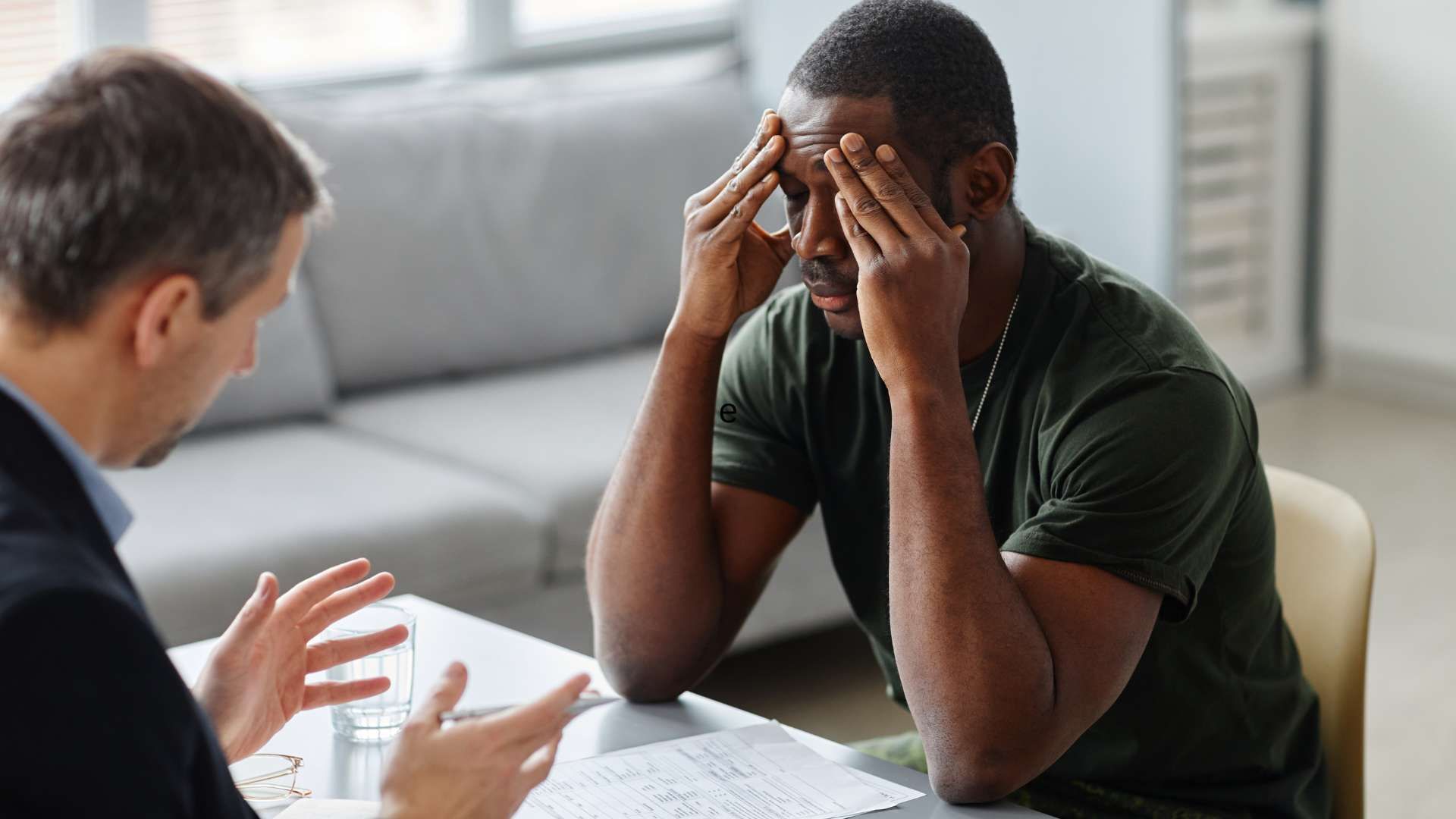New Patients Welcome | Virtual chat for free with a provider prior to booking
Click here to schedule an appointment
How Long Does Online Therapy Take to Start Working?
How Long Does Online Therapy Take to Start Working?

If you’re like me, you might be struggling with the decision to seek help. In my family, mental health problems were put aside, and the main priority was to focus on work. After my father’s sudden and unexpected passing, I was dealing with signs of panic disorder, depression, and high anxiety levels at the time.
It was almost like my life was crumbling around me, and I had no idea what to do. I couldn’t drive, be alone for more than five minutes without suffering major anxiety, and I’d wake up at night in cold sweat.
I had no interest in doing anything other than finishing my Master’s degree and working through the pain. Unfortunately, I made myself worse by not facing the problem head on. My decision to seek help wasn’t an easy one. I felt embarrassed. I didn’t want to spend too much time either. What I wanted was to do the best I could to bury the pain and move on with my life.
How long did it take for therapy to start working for me? Surprisingly, it was almost immediate, although I did go to almost 10 sessions before I was able to work through my emotions.
- How Do You Know When You Need Counseling?
- How Much Time Will it Take to Feel Better?
- How Will You Know You’re Getting Better?
- Will You Ever Be Done With Therapy?
- Final Thoughts
How Do You Know When You Need Counseling?
This is a tough question to answer. You’ll try every excuse to avoid seeing a counselor. It’s what I did. Online Therapy changed me, though.
Therapy can be expensive. You’ll pretend you can tackle the problem alone. What I learned is that, in most cases, you can’t. You definitely need an extra hand to help you through the dark times.
There really aren’t any excuses anymore for not seeking help if you need it. Additionally, if you are worried about the expense, online therapy is more affordable, convenient, and reliable.
Clients who are ready to thrive in therapy are the ones who have the desire to seek help and work together with their counselor to find the root of the problem. Here are some signs you might need assistance and how long it may take you to recover depending on the following things:.
Dissatisfied with a scenario- They've had enough of the unpleasant feelings that have been plaguing them.
- A strong desire to be noticed as quickly as possible.
- Follow up by arranging more sessions.
- Attending sessions on a regular basis is essential.
- Arrive on time and with a strong desire to engage.
- Receptive
How Much Time Will it Take to Feel Better?
It’s a case-by-case scenario. Some people can feel instant relief, while others may need more time. Typically, therapists visit clients once every two weeks or once a week. However, there is no one-size-fits-all solution because it is dependent on your own demands and objectives. Some types of therapy require daily visits, or you might need medication at the beginning stages.
How Will You Know You’re Getting Better?
I asked my specialist the same question. It’s not a simple question to answer, though. During my bouts with anxiety and panic disorder, I suffered many symptoms. I couldn’t drive more than five minutes without having severe headaches and chest tightness.
The more I went to therapy, though, the less I felt the symptoms. Eventually, after 2 months, I was able to drive again.
My counselor was supportive during the entire process. They told me, “You’ll just know.” As you are going through the process, check in with yourself. You’ll need to check in with your body and mind to observe how you feel. Learning about your body is incredible knowledge, and feeling empowered to speak your ideas instead of constantly searching for answers outside of yourself will be a huge part of your healing.
Will You Ever Be Done With Therapy?
Everyone’s journey and process is different. The length of time you spend in therapy is entirely up to you and is determined by your unique needs, objectives, and resources.
The number of suggested sessions varies by illness and treatment type, but most psychotherapy clients report feeling better after 3 months; those with depression and anxiety see considerable improvement after 1-2 months and 3–4 months, respectively.
My panic disorder took almost 20 sessions to recover. While I do suffer from panic, I have learned to overcome the symptoms and treat it as a normal part of my life. I could only do this with the help of my counselor. I wouldn’t have been able to overcome this debilitating problem without their support.
Final Thoughts
You might be suffering in silence right now. I get it. I’ve been there too. You don’t have to endure the worst, though. If you can commit to the counseling and online therapy, you’ll see that it’s possible to get better.
What I learned through my process is that you shouldn’t wait to help yourself. We’d like to think that we can handle anything. Sometimes we can’t. It’s okay to let your guard down. Your struggles deserve your attention. Mental health is nothing to be ashamed of either. After I recovered, I felt stronger than I had before. I learned to trust others and to not be closed off to the idea that there are better ways to do things.





CONTACT
Call:
786-761-1155
Email:
Support@VirtualPsychiatricCare.com
1900 N Bayshore Drive, Ste 1A
Miami , Florida 33132
All Rights Reserved | Virtual Psychiatric Care | MiamiPsych Concierge, LLC | Site Design by The Infinity Group | Accessibility Statement | Terms of Use | Privacy Policy






